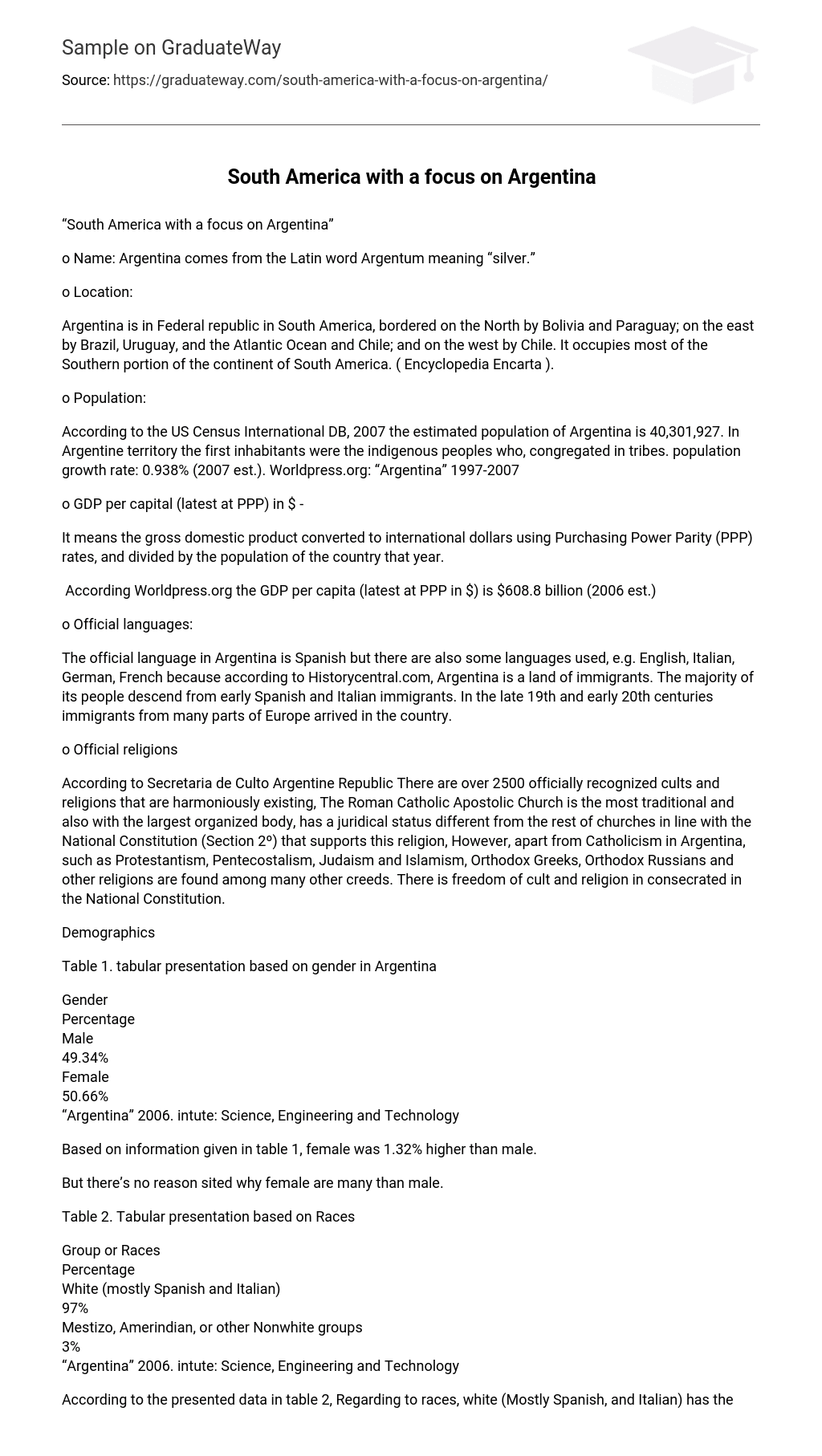CHRISTIAN IN THE MEDIEVAL WEST
Christianity spread beyond its origins within the Jewish religion in the mid-first Century. It was spread upon the leadership of Apostles like Peter and Paul. This happen in the generation where Episcopal hierarchy seen, this formed the structure of the Church. It was spread in the East Asia throughout the Roman Empire.
Christianity was legalized by Emperor Constantine in the early fourth century despite the persecution of Roman Empire. The first Ecumenical Council was formed and called the Nicaea during the reign of Emperor Constantine. It was in 391 when Theodosius I established Nicene Christianity as the official and legal religion in the Roman Empire except for Judaism. When the political structure from the West was collapsed Church assumed political and cultural structure roles. Eremitic and Coenobitic monasticism developed, originating in Egypt around 300.
The institution of the monasticism becomes a central part of the Medieval World. It was during the Migration of Late Antiquity, when various German people adopted Christianity. When the Western political unity dissolves, the linguistic division of Empire happened. It was the division between Latin speaking from west and the Greek speaking from East. The distinction of Latin and Greek increasingly separated from disciplinary disputes and cultural differences resulted to Great Schism.
This separation formally result in the division of Christendom into the Catholic form West and the Orthodox from East. Western Christianity was characterized by conflict and cooperation between secular rulers and the Church. The Church was under by the Pope, by the development of philosophy and theology.
Christianity began a long series of conflicts with Islam beginning in the 7th Century. They were conquered areas of the Byzantine Empire, North Africa and Southern Spain. There were number of military struggles including Crusades, Spanish Reconquista, the Fall of Constantine and the aggression of the Turks. It was in the early sixteenth century when Martin Luther King discontent with corruption and immorality among the clergy. It resulted in the attempts to reform the Church and society. When Martin Luther King published 95 theses in 1517, the Reformation of Protestant began.
The competition between Catholicism and Protestantism became deeply involved with the political struggles among European states. Christianity spreads to the Americas, Oceania, East Asia and sub-Saharan Africa under the colonial expansion by the European powers. In the Modern Era, Christianity was said to be influenced by political ideologies, such as liberalism, nationalism and socialism. This included the anti-clericalism of the French Revolution, the Spanish Civil War and general hostility of Marxist movement especially the Russian Revolution.
CHRISTIAN LITERATURE
From the Book ‘OUR HEART AFTER GOD” by Elizabeth M. Hoekstra she was best described Christian Literature Today. For the author, Christian literature plays a very crucial role in the lives of many Christian. Families and individuals depend on the devotional literature for their daily spiritual life rather than the Bible. For them this Christian literature like book brings knowledge, experience, understanding and wisdom. It exhorts them from living a faithful life with Jesus Christ.
The book was based on selected verses from the bible and events narrated in the world of God. Christian Literature leads us to associate ourselves from our own experiences and knowledge. It helps us to decide on how to apply the writings for our own life from what we read from these devotional literatures.
Millions have been blessed also by Christian literature. One important aspect of devotional literature is that it strengthens our spiritual beliefs to Jesus Christ. We believe in the will of God that takes over his own will. It is hard to bend to begin with our will but because of reading and applying what is written in the devotional literature we finally rely on the will of god.
CHRISTIAN MUSIC
Why does God desire for music? Music is a way of worshiping God. We are all singing out for the Lord because we want to praise him for his kindness and mercy. Worshiping him with music is an expression of our love. Sing from the heart, it is not important that web don’t have a good singing voice but as long as we sing truthfully and take heed to the message of the song. Today, we all have access to Christian songs. Music from different languages, different beat and melodies, different musical instruments used to worship the Lord Jesus Christ.
CHRISTIAN ARCHITECTURE
The Churches architecture was confused as the taste and faith of building committee members. Architectures assess for philosophical or artistic aspects inherent in their task. Churches were built as a house of worshipping from two thousand years of Christianity, but after the World War II churches have no longer built as beautiful as commodious and as durable. It is important to remember that churches are work of arts, often loaded with meaning which expressed our understanding between truth and daily life.
What is the role of churches in Christianity? It serves frame and enhance our worship as we give honor to the one we are worshipping. Today churches were constructing often fair to its function but more on the participation in the public square. The bottom line is that how can we spend all this money on a church building when there are so many poor and so many who have not yet heard the gospel.
Our places of worship should be beautiful works of architecture, but it is possible to worship God in any place if people were truly seeking him. So we have to build churches helping us to focus on our faith. Let the church be a spiritual love feast and a banquet hall appropriate to a King.
References
- Elizabeth M. Hoekstra. A Heart After God. Bethany House Publishers, Minneapolis, MN. 2001. http://www.musiclyric4christian.com/





